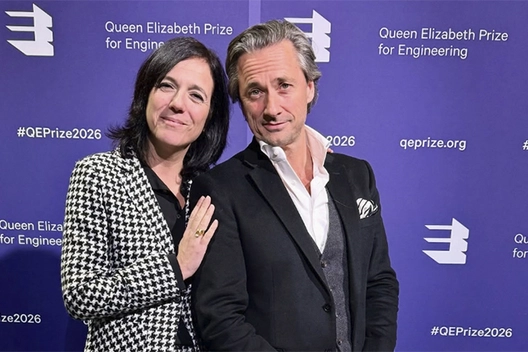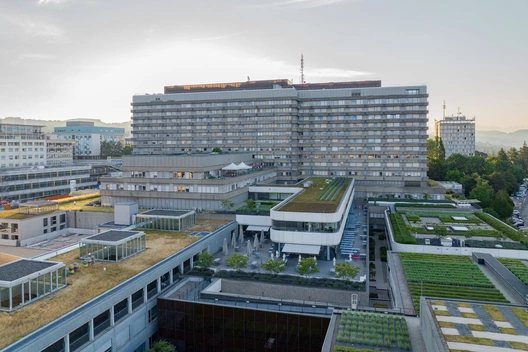Journalistes
Les professionnel-les des médias peuvent solliciter le service de presse du CHUV pour toute question et demande de tournage via le formulaire en ligne.
Le service de presse du CHUV est aussi joignable par téléphone au +41 79 556 60 00 (cette ligne ne reçoit pas les SMS).
Vous trouvez ci-dessous l'ensemble de nos communiqués de presse.
Communiqués de presse

La Professeure Jocelyne Bloch lauréate du Queen Elizabeth Prize for Engineering 2026

